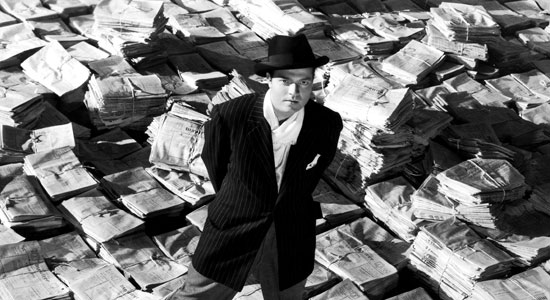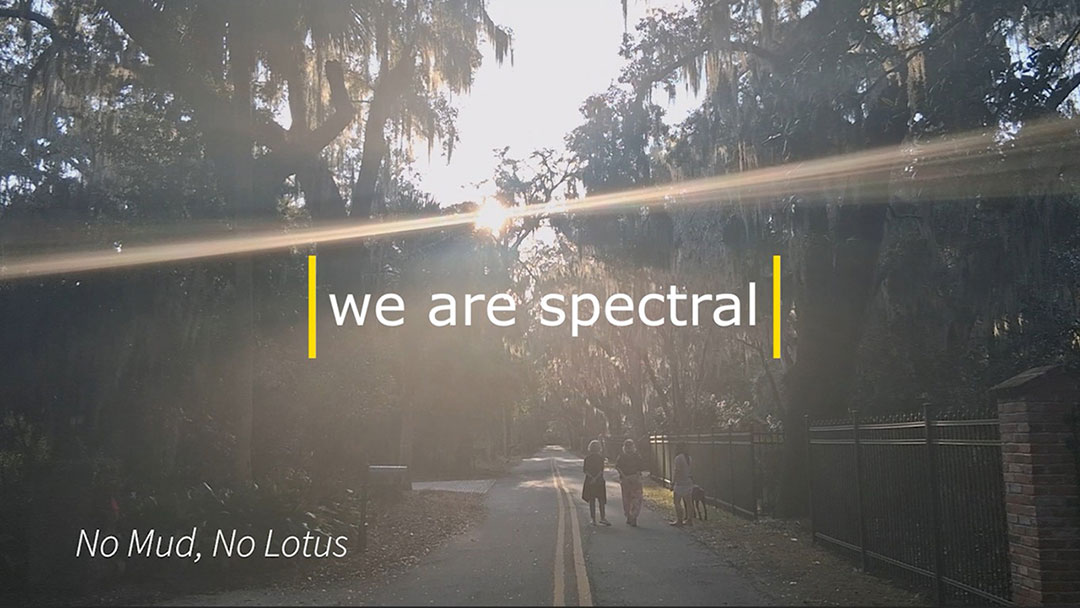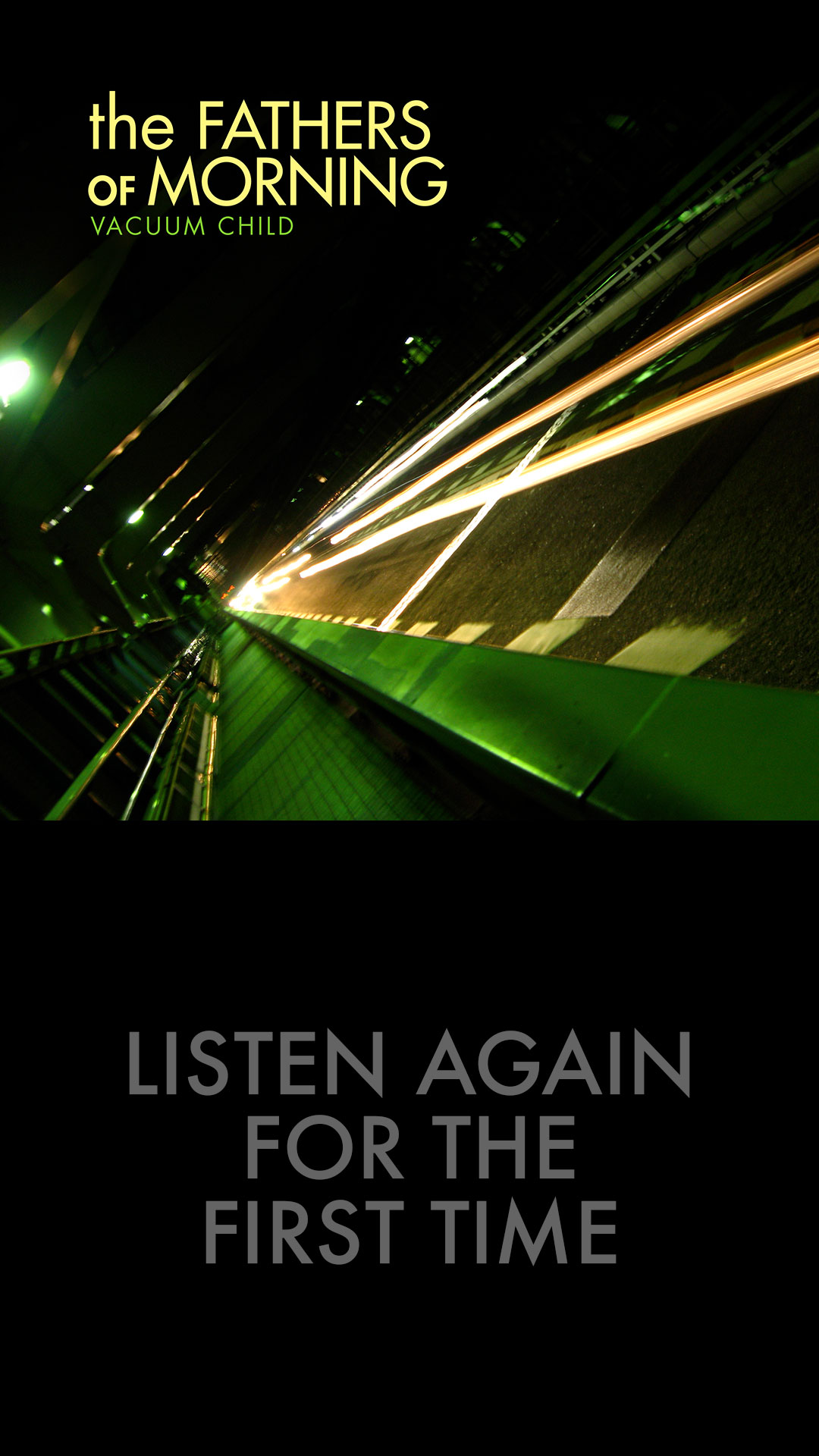MAGNET contributing writer Jud Cost is sharing some of the wealth of classic films he’s been lucky enough to see over the past 40 years. Trolling the backwaters of cinema, he has worked up a list of more than 100 titles—from the ’20s through the ’90s—that you may have missed. A new selection, all currently available on DVD, appears every week.

Citizen Kane (1941, 119 minutes)
The thinly veiled story of U.S. publishing magnate William Randolph Hearst, Orson Welles’ masterpiece Citizen Kane was a groundbreaking film in many ways. Its dialogue sometimes sacrificed stage-like, linear clarity when its characters talked over one another as people do in real life.
Shrouded in mist, its vast outer perimeter protected by layers of barbed wire and with a wrought-iron gate worthy of an emperor, Xanadu, the stately pleasure palace of Charles Foster Kane (Welles), lies still. As the great man drops a snowglobe depicting an icebound country home, and it shatters on his bedroom floor, he whispers one last word as his eyelids close for the final time: “Rosebud.”
Within two weeks, the familiar voice of the narrator of the newsreel that precedes feature films in theaters across the country describes the event in stentorian tones: “At Xanadu, the costliest monument man has made to himself since the pyramids, Charles Foster Kane, America’s Kubla Khan, was laid to rest. To 44 million U.S. news buyers more newsworthy than the names in his own headlines was Kane, himself, the greatest newspaper tycoon of this or any other generation.”
To most, it would seem a worthy tombstone for a man with enough clout to start wars and enough money to house the largest private zoo since Noah and to ship home in crates so many of the world’s art treasures they could never be properly catalogued.
But to the crew that creates these mini-documentaries, something was missing. “Seventy years of a man’s life. That’s a lot to get into a newsreel,” volunteers one staffer at a pre-screening, roundtable discussion of the Kane obit before its release to the public. Their editor agrees. “It’s a good short, but what it needs is an angle. All we saw on that screen is that Charles Foster Kane is dead. I know that. I read the papers,” he says to the laughter of all. “It doesn’t tell us who he was.”
“Wait a minute!” says the editor. “What were the last words Kane said on earth? Maybe he told us all about himself. What were they?” Another reporter blurts out, “You don’t read the papers. He said one word: ‘Rosebud.'” The editor takes the ball and runs. “Here’s a man who could have been president. But when he dies, he’s got something on his mind called Rosebud. What does that mean?” Someone pipes up, “Maybe it was a racehorse he bet on that didn’t come in.” The editor assigns a veteran to do the follow-up. “Thompson, find out about Rosebud. Get in touch with anybody who knew him well, that manager of his, Bernstein. Or his second wife, she’s still living.” “Susan Alexander Kane,” Thompson (William Alland) volunteers reluctantly. “See them all,” says the editor. “Everyone who loved him…or hated his guts!”













